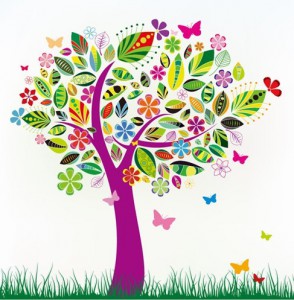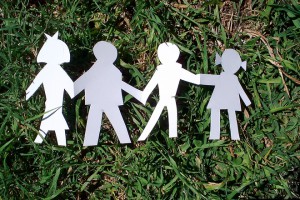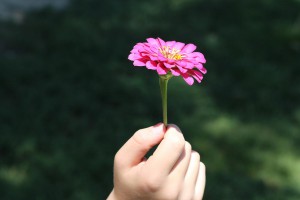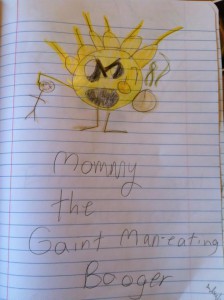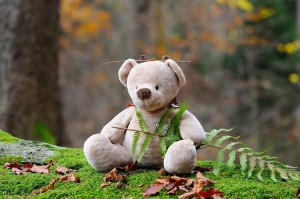 I’ve come to realize that there is one fundamental question in which the answer is the foundation of our parenting approach. It defines how we, parents, raise our kids.
I’ve come to realize that there is one fundamental question in which the answer is the foundation of our parenting approach. It defines how we, parents, raise our kids.
That question is: How do you define success and happiness?
Think about it…
Attachment Parenting International strives to educate and support parents in raising secure, joyful and empathic children in order to strengthen families and create a more compassionate world. Investing in our children’s well-being will lead the way to their bright futures.
Our society has high expectations for our kids and puts enormous pressure on them to excel in everything they do, to achieve more and do more. With this aim, mainstream culture has forgotten to honor who children truly are. Moreover, our society tends to neglect to recognize and appreciate what children need in order to thrive as sprouting human beings. With the ultimate goals of “excellence” and achievement, some parents have been overlooking the value of socialization, choice and perhaps even sanity.
In recent years, the community of Palo Alto, California, USA, has been shaken by clusters of teenage suicides. In this wealthy and privileged environment, teenagers end their own lives at 4 to 5 times the national average. Journalist Hanna Rosin investigated what makes adolescents in this community feel so helpless and hopeless. Her reflective, detailed analysis published in December in The Atlantic following interviews with teenagers, families, educators and clinicians is eye-opening and noteworthy. Palo Alto highlights the growing trend of focus on high performance and academics, along with the subsequent pressures and stresses on kids.
It’s easy to get tangled up in societal norms and pressures and get lost at sea — simply swimming, like a school of fish, following one another, without hesitation or any real sense of direction. There are times when we need to pause, evaluate where we are and where we need to go, and find the path that will lead us in that direction.
Rosin’s article is among other reports that has now prompted the U.S. Centers of Disease Control and Prevention, according to ABC News, to investigate the troubling cluster suicides in Palo Alto. Hopefully their findings will lead to some answers and possible solutions.
As a parent of a child who will be heading to high school in a few short years, I was saddened to learn in this Psychology Today post that the average high school kid today has the same level of anxiety as the average psychiatric patient in the early 1950s. Yet it is comforting to know that children who experience secure attachment grow into more well-adjusted adults with less anxiety and better mental health. Meeting children’s emotional needs enables the building of a strong bond and trust between the parent and the child — a beneficial ingredient during the vulnerable years of adolescence.
Mental health and suicide are multifaceted issues that can be attributed to various factors. It’s a complex puzzle. Unreasonable academic pressures may be one piece of the puzzle, as Rosin pointed out in her article — and it is one that can be easily replaced.
We need to ask ourselves and examine candidly:
- Should our children’s self-worth be tied to academic achievements?
- Are our kids showing signs of being victims of physical or online bullying? Due fear 70% of teens hide online behavior from parents
- Aren’t success and happiness — along with health, of course — essentially what parents want and wish for their kids?
- Are we on the right path in our efforts to cultivate success and happiness in our children?
- How can we support our children in order to create a more compassionate world?


